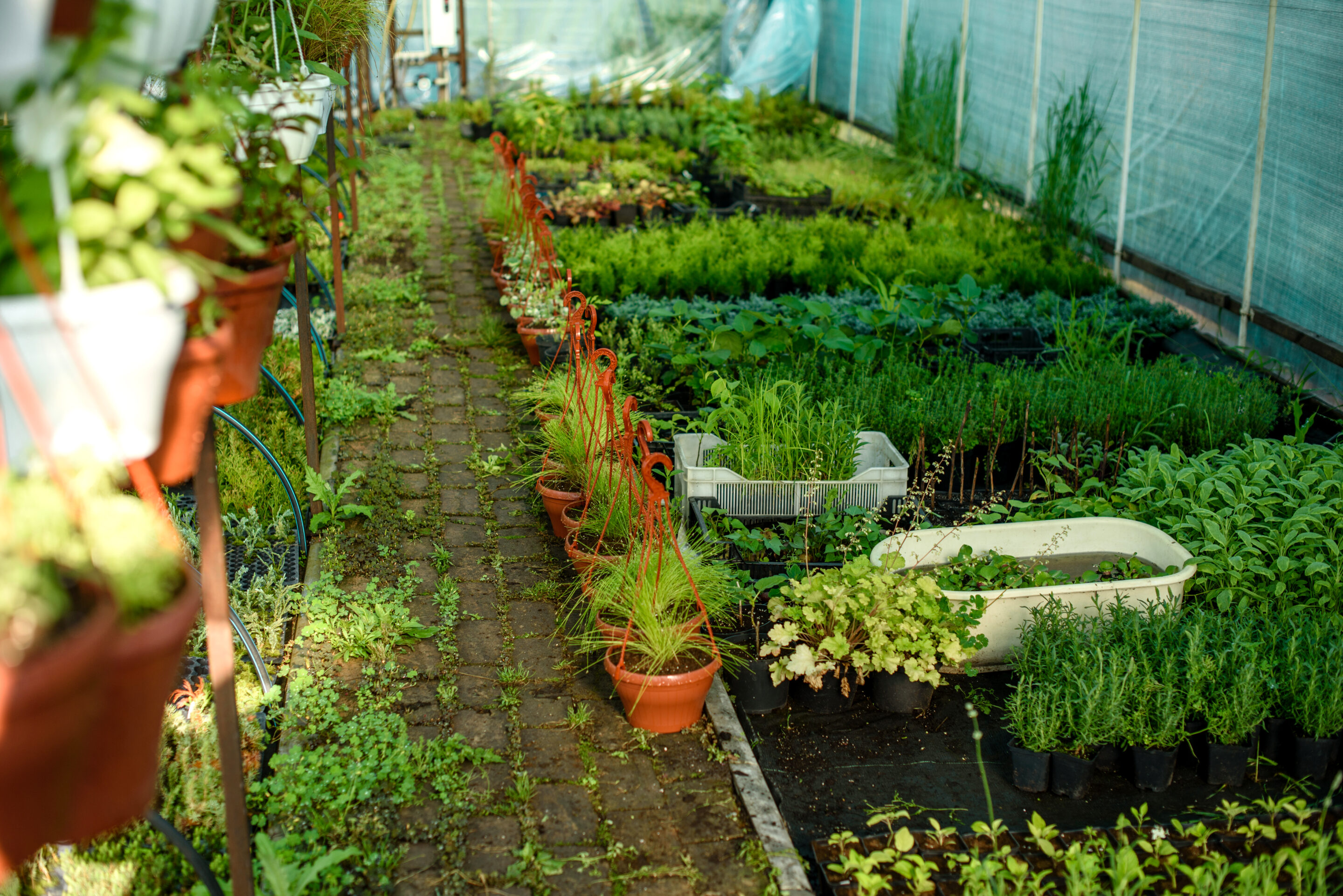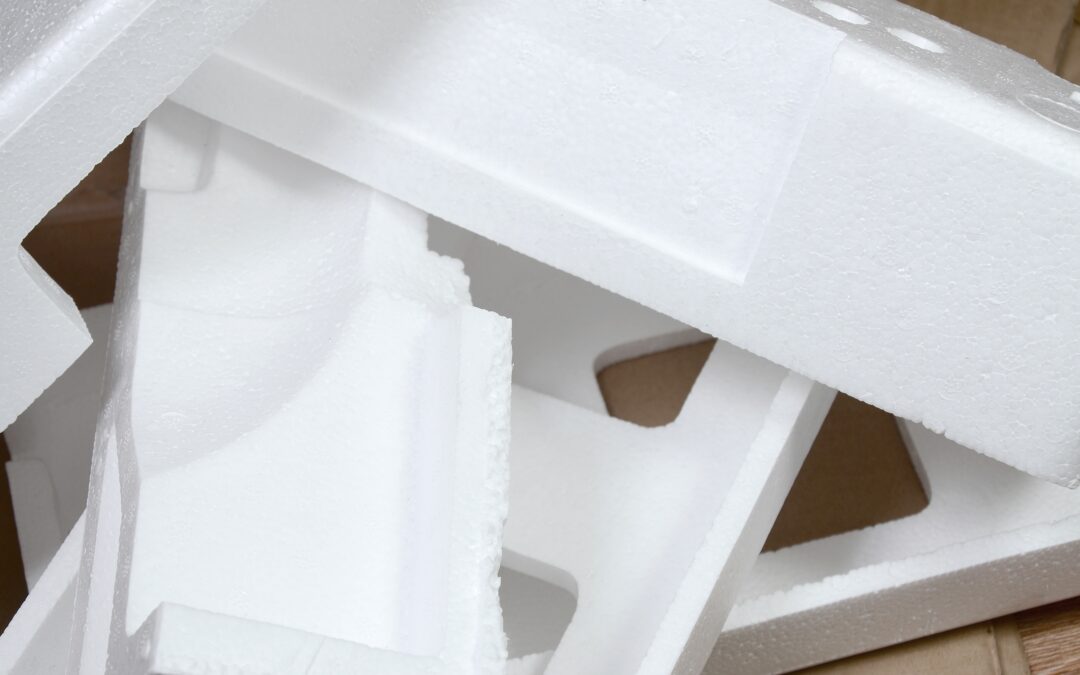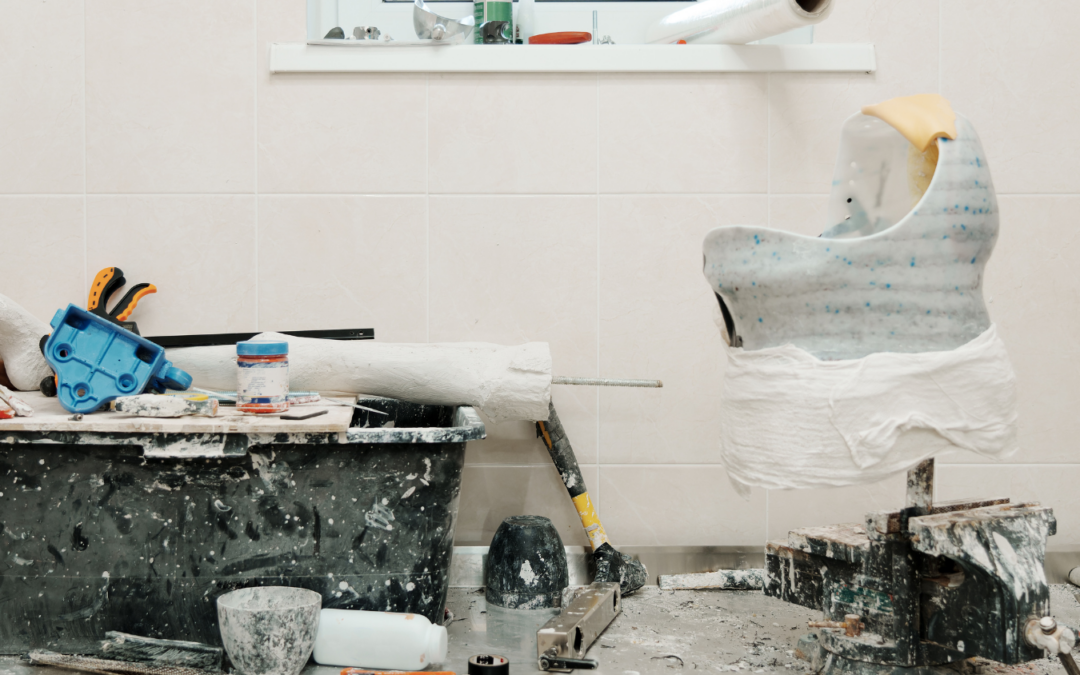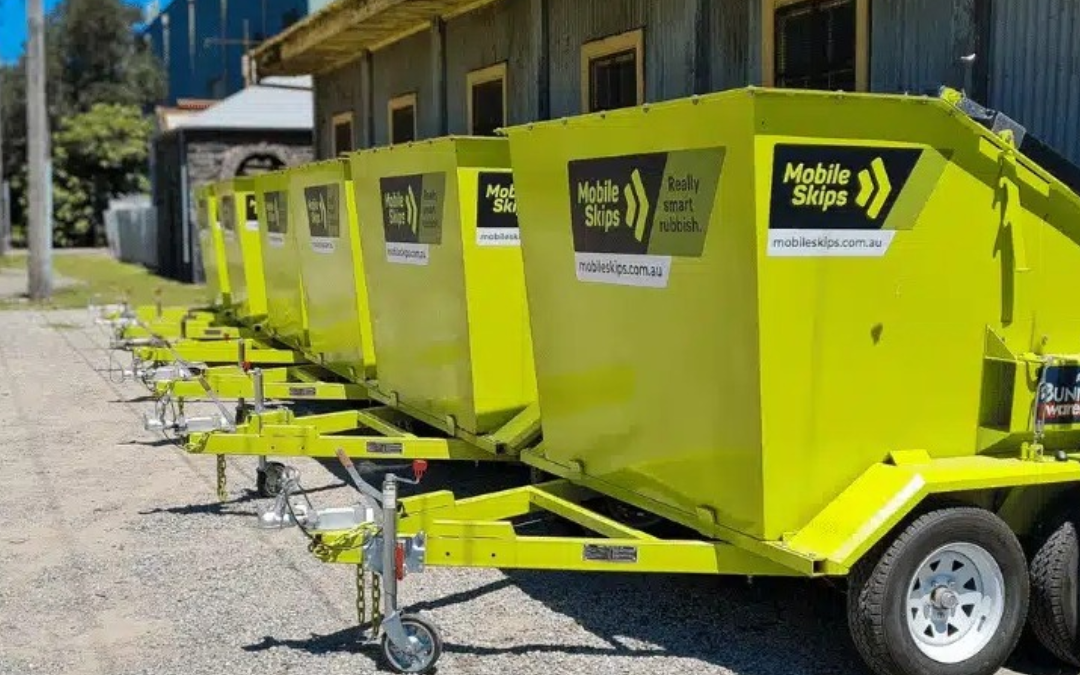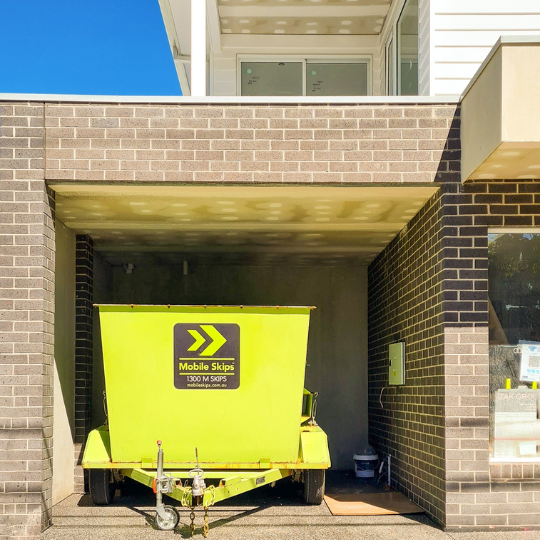Green Waste Disposal Methods
Finding smart ways to deal with your green waste can make your home cleaner and the planet healthier. Here’s the lowdown on recycling and composting.
Recycling Green Waste
Recycling green waste, also known as biological waste, is a top-notch way to dispose of yard debris like grass clippings, leaves, and food scraps. These materials are nitrogen-rich.
Why Bother Recycling Green Waste?
- Less junk in landfills
- Less greenhouse gas stench
- Makes compost gold for your garden
Here’s a cheat sheet to get you started:
| Waste Type | Description | Disposal Method |
|---|---|---|
| Grass Clippings | Freshly cut grass | Compost, Recycle |
| Leaf Piles | Fallen leaves | Compost, Mulch |
| Food Scraps | Veggie peels, fruit cores | Compost |
Get your waste sorted properly, and your garden and Mother Earth will thank you. Need more recycling tips? Check green waste removal near me.
Composting Yard Debris
Turn yard waste into garden gold with composting! This process helps you create nutrient-rich soil, prevent erosion, and save water (BigRentz).
What’s Compostable?
- Grass clippings
- Shrub trimmings
- Food scraps
Here’s how to make magic dirt:
| Compost Material | Nitrogen/Carbon | The Why |
|---|---|---|
| Grass Clippings | High in Nitrogen | Spikes plant growth |
| Shrub Trimmings | High in Carbon | Keeps compost balanced |
| Food Scraps | High in Nitrogen | Adds nutrients to compost |
Composting does more than reduce waste; it gives you nutrient-packed soil for your garden. Get the deets on our organic waste collection page.
Looking for local options? Check out green waste disposal near me. For payment and services info, head to green waste disposal cost. Embrace sustainable waste disposal, and not only clean your yard, but also give a thumbs-up to the planet!
Why You Should Care About Proper Disposal
How It Affects the Environment
Tossing your green waste any old way isn’t great for Mother Earth. If you don’t handle it right, all that yard waste can kick off some pretty nasty greenhouse gases. To keep things green and clean, opt for composting, burning methods that don’t pollute, or turning your garden scraps into topsoil.
Doing the right thing with your green waste helps cut down on landfill garbage and greenhouse gas emissions. This isn’t just good for your backyard; it’s a huge win for keeping Australia looking lush and eco-friendly. Keeping your Adelaide yard spick and span means you have to deal with a lot of junk, but doing it responsibly keeps our environment in check (Mobile Skips).
Why It Matters for Your Health
Dumping your waste wherever can mess up more than just the scenery. It pollutes the air and water, messes up the land, releases methane, and can even bring climate change knocking on our doors. These issues don’t just hurt the planet; they hit people hard, especially those already struggling in less wealthy areas.
Handling your green waste the right way isn’t just about hugging trees. It means cleaner air, water, and land, which translates to healthier communities. When you cut down on pollution, you’re making a safer, healthier space for everyone to live in.
Curious about more ways to deal with green waste? Check out our tips for green waste removal near me and garden refuse collection. If you’re wondering how it’ll hit your wallet, look into green waste disposal cost.
| Bad Disposal Habits | Good Disposal Perks |
|---|---|
| Dirty air and water | Lowers greenhouse gases |
| Ruined land | Cuts landfill waste |
| Stinky methane | Promotes sustainable yards |
| Health risks | Cleaner neighborhoods |
Want to get even greener? Peek at sustainable waste disposal methods and eco-conscious waste disposal for more eco-friendly tips.
Sustainable Practices
Cutting back on waste isn’t just good—it’s essential for our planet. Here’s how to make a real difference with three key methods: green waste processing, engineered soil solutions, and yard waste recycling.
Green Waste Processing
Let’s talk green waste processing—that’s turning stuff like yard clippings and food scraps into goodies for your garden. Techniques like composting and thermal treatment don’t just help your plants grow; they also keep heaps of waste out of landfills and cut down on nasty greenhouse gases. For example, turning yard debris into compost means less trash and fewer emissions, a win-win.
Australia’s got its act together with smart landscaping. Even things like orange peels and tomato scraps are put to good use. For tips on the best methods, check out green waste removal near me.
Engineered Soil Solutions
Ever heard of engineered soil? It’s fancy talk for mixing processed green waste into topsoils. This stuff supercharges your soil’s health, fights off diseases, and helps crops and gardens thrive. Imagine turning your lawn clippings into nutrient-packed compost—that’s a game-changer for anyone who loves gardening (Steve’s Garden Bags).
Want to join the movement to a greener farm or garden? Peek into compostable waste disposal.
| Method | Green Gains |
|---|---|
| Composting | Slash landfill waste, cut greenhouse gas |
| Thermal Treatment | Convert waste to energy, shrink waste size |
| Topsoil Mixing | Boost soil health, help crops |
Yard Waste Recycling
Recycling yard waste? It’s more than a chore—it’s a necessity. Sorting and prepping yard stuff for recycling keeps landfills from overflowing and turns waste into gold for your garden (Steve’s Garden Bags).
Australia’s backyards see a lot of green waste, especially during clean-ups, and managing this waste smartly is key (Mobile Skips). Need help? Services like garden clearance are your go-to for keeping your garden waste in check.
For more tips and tricks, see our guides on sustainable skip hire and eco-friendly waste disposal.
Local Green Waste Disposal
Getting rid of garden waste shouldn’t feel like rocket science. Let’s break down some easy ways to handle your garden refuse without breaking a sweat.
Curbside Pickup Services
Your city or town probably offers curbside green waste pickup as part of the regular trash run. This service usually comes with some rules, like using specific yard waste bags – typically, the brown paper ones instead of plastic. To get the scoop on your area’s schedule and guidelines, just hit up your local council.
| Service | Frequency | Requirements |
|---|---|---|
| Yard waste collection | Weekly/Bi-weekly | Special bags needed |
Need more info? Check out our guide on garden waste bin hire.
Drop-off Sites
If curbside isn’t your thing, consider taking your yard waste to a local drop-off site. These places are often free to use and take leaves, grass clippings, and branches off your hands for composting (BigRentz). Just make sure you’re aware of their hours and what sort of waste they accept.
| Site Location | Hours | Restrictions |
|---|---|---|
| Local compost facility | Mon-Sat, 9 am – 5 pm | Yard waste only |
Mosey over to our list of garden clearance services to find your nearest drop-off site.
Private Disposal Options
Craving a bit more flexibility? Private yard waste disposal services might be your jam. These guys offer both one-off and regular pickups. The going rate is usually between £15 to £25 per cubic yard, making it roughly £150 to £300 per collection per property (BigRentz). Just remember, prices can vary depending on where you live and what you need.
| Service Provider | Cost | Pickup Options |
|---|---|---|
| Local disposal company | £150 – £300 per collection | One-off, Weekly, Monthly |
For other choices, take a peek at our article on skip hire for green waste.
By exploring these green waste disposal options, you can pick the one that fits your wallet and keeps your garden looking sharp.
Dealing with Hazardous Waste
Spotting and Managing Hazardous Stuff
Knowing how to spot and handle hazardous junk is super important for green waste disposal. Some yard debris, like pesticides or chemically treated wood, needs special treatment and can’t just be tossed in the household garbage can. So the first step is to figure out what’s hazardous.
Common hazardous yard waste includes:
- Pesticides
- Fertilizers
- Chemically treated wood
- Dead animals
Steps to Manage Hazardous Waste:
- Identify: Check labels for hazardous warnings.
- Separate: Keep the hazardous stuff away from the regular green waste.
- Gear Up: Wear gloves and masks while dealing with hazardous materials.
- Store Safely: Put it in sealed containers until it’s time to get rid of it.
Handling this right isn’t just safe—it’s the law. Wanna know more? Check out our eco-conscious waste collection guide.
Safe and Legal Ways to Get Rid of Hazardous Waste
You can’t just dump or burn this stuff. That’s not only bad for the environment; it’s also illegal (BigRentz). Here’s how to do it the right way:
Local Disposal Centers: Most cities have places set up to handle hazardous waste. They know what they’re doing and can get rid of it safely.
| City/Town | Disposal Center | Contact |
|---|---|---|
| Sydney | Kimbriki Resource Recovery Centre | 1300 132 322 |
| Melbourne | Wyndham City Waste & Recycling Centre | 03 9742 0777 |
| Brisbane | Nudgee Resource Recovery Centre | 07 3407 0811 |
Curbside Pickup Services: In some areas, you can book a special pickup for hazardous waste. Check if your council offers this and follow their rules.
Private Companies: Services like Rumpke Yard Waste Removal also handle hazardous yard waste.
Burning Waste: Thinking of burning it? Make sure it’s legal where you live and get any required permits. Safety first!.
Recycling Programs: Some recycling centers take hazardous materials. Double-check before you go.
If you’re hunting for more ways to dump this stuff responsibly, have a peek at our sustainable waste disposal methods.
Keep your environment safe and stick to the rules with these tips. For more eco-friendly advice, check out our piece on environmentally-responsible waste disposal.

